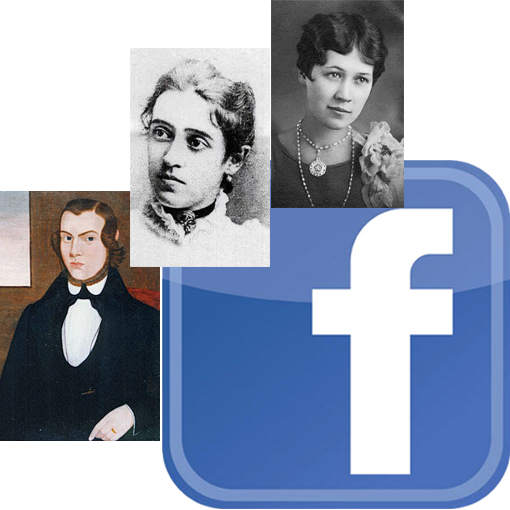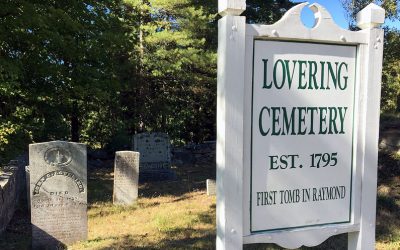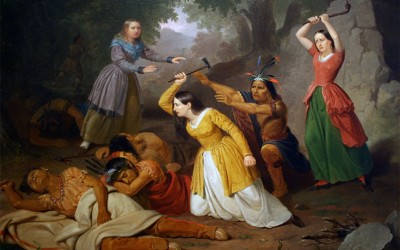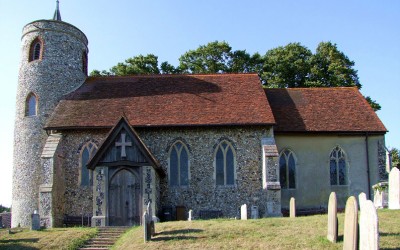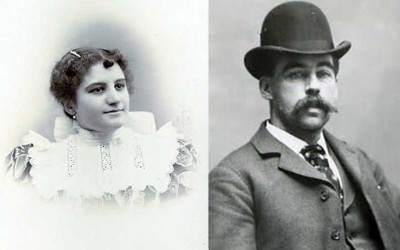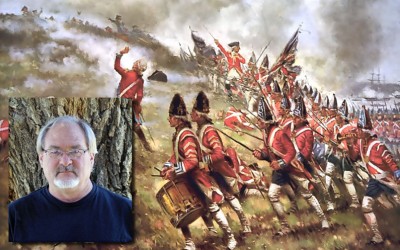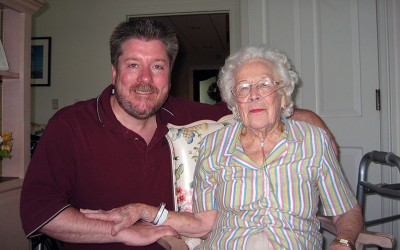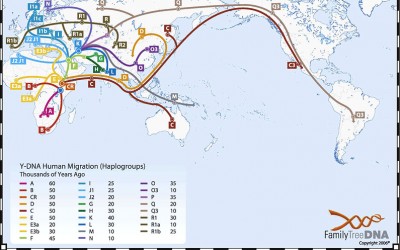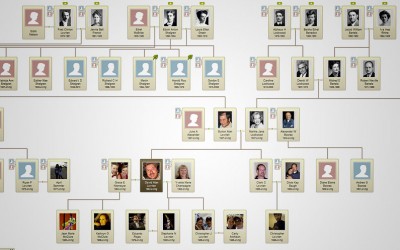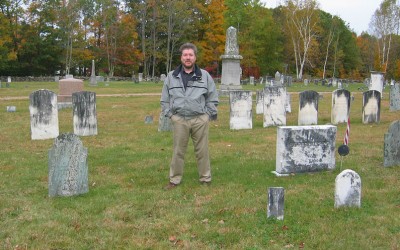Origin of our Name
Where does the name Lovering and its variations come from?
Our Emigrant Ancestor
John Lovering sailed from England to New Hampshire around 1654. Read his story.
A Revolutionary Soldier
Samuel Lovrien (1754-1829) fought in the American Revolution. Read his story.
What's New?
What’s new and exciting in our family? Check the Blog!
Lovering Cemetery, Raymond, NH
The Lovering Cemetery in Raymond, New Hampshire is not the serene, bucolic landscape you'd expect from a quaint New England cemetery. It sits at a sharp curve on Chester Road near its intersection with Brown Road. Traffic is pretty brisk and the cemetery entrance is...
Lovrien Connections to King William’s War
The period between the arrival of the Pilgrims and beginning of the American Revolution gets very little coverage in American History textbooks. But there's over 150 years of fascinating history - history that shaped the attitudes and character of Americans and sends...
Lovering Emigration to America
What do we know about the emigration of John Lovering and other Loverings to America? The late William E. (Bill) Lovering, in his unpublished genealogy of both the Boston and New Hampshire Loverings, devoted some effort to connecting our John Lovering (of Dover) and his William Lovering (of Boston) back to their parents in England. Though some information exists, it is far from concrete by genealogical standards.
America’s First Serial Killer
The Lovering genealogy is filled with celebrated and decorated war veterans, from the American Revolution to the Civil War and into the First and Second World Wars. However, we also have at least one connection to the dark side of American celebrity. It involves the case of American’s first documented serial killer, Herman Webster Mudgett (a.k.a. Dr. Henry Howard Holmes).
Lovrien History Comes to Life
Clark P. Lovrien of Newport, Oregon is working on a fascinating new book that takes his research of Samuel Lovrien’s participation in the American Revolution with weaves the exciting story of what it might have been like to live through those challenging first days of American history. Read three chapters of “I Walk My Hill” right now!
Gladys Lovrien Lasser, 1911-2009
Gladys Lovrien Lasser passed away on January 15, 2009 at the age of 97. She was a wonderful sweet soul who will be missed by many. She welcomed visitors and returned emails promptly into her 97th year. She will be remembered as the first genealogist for the Lovrien family – she published a book on the descendants of George Washington Lovrien in 1986.
Lovrien/Lovering DNA Project
Lovrien genealogist Michelle Lovrien Slabaugh has started a new project in one of most exciting new areas of genealogy: Genetic Genealogy! The project, operated through FamilyTreeDNA.com, collects samples using simple “cheek scraper” DNA kits, and provides you with paternal markers (Y-DNA), maternal markers (mitochondrial DNA) or both. The goal of the project is to ultimately connect our current American generations with our ancestors in England and our cousins around the world.
My Ahnentafel
This is my family tree in Ahnentafel format. I have been fortunate to have many relatives contact me since I’ve had my websites up and they have helped me compile all this information in addition to my own research. I have also been lucky to have access to photographs of so many of my ancestors.
Origin of the Surname Lovrien
Before I began genealogy work in the 1990’s, I was told that Lovrien (we pronounce it “Luv-rin”) was French, probably because it looks French and rumors of early ties to Canada. No one was sure of the origin of the name or who the emigrant ancestor was. Does Lovrien mean anything in French? No. There are no Lovriens in the phonebooks of France. Could it be a geographical name, like Lorraine? If you look in an atlas, you’ll find a town called Louvain in Belgium and a village in Slovenia named Lovrin. There are actually a few Lovrin families of Slovenian descent in the U.S., but they are no relation to the Lovriens. It wasn’t until Cyril Goodell (a Lovrien genealogist) came into contact with Elinor Kelley of New Hampshire (a Lovering family genealogist) that the true origin of the name was discovered.
